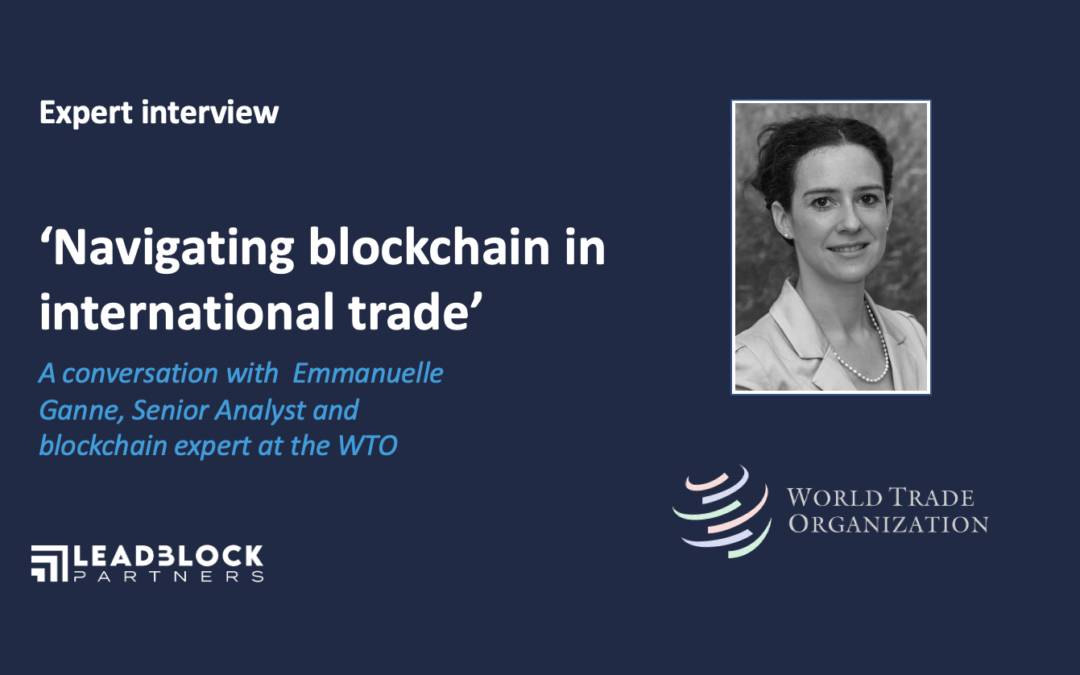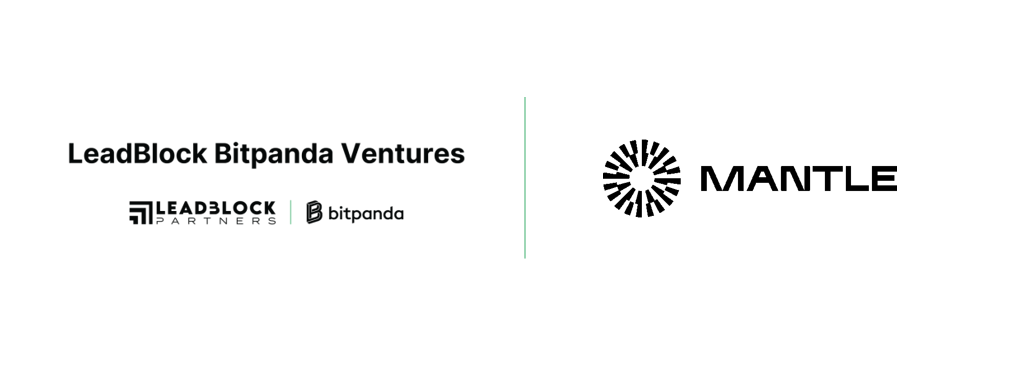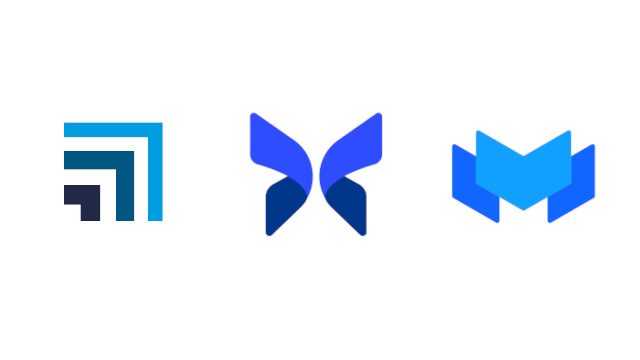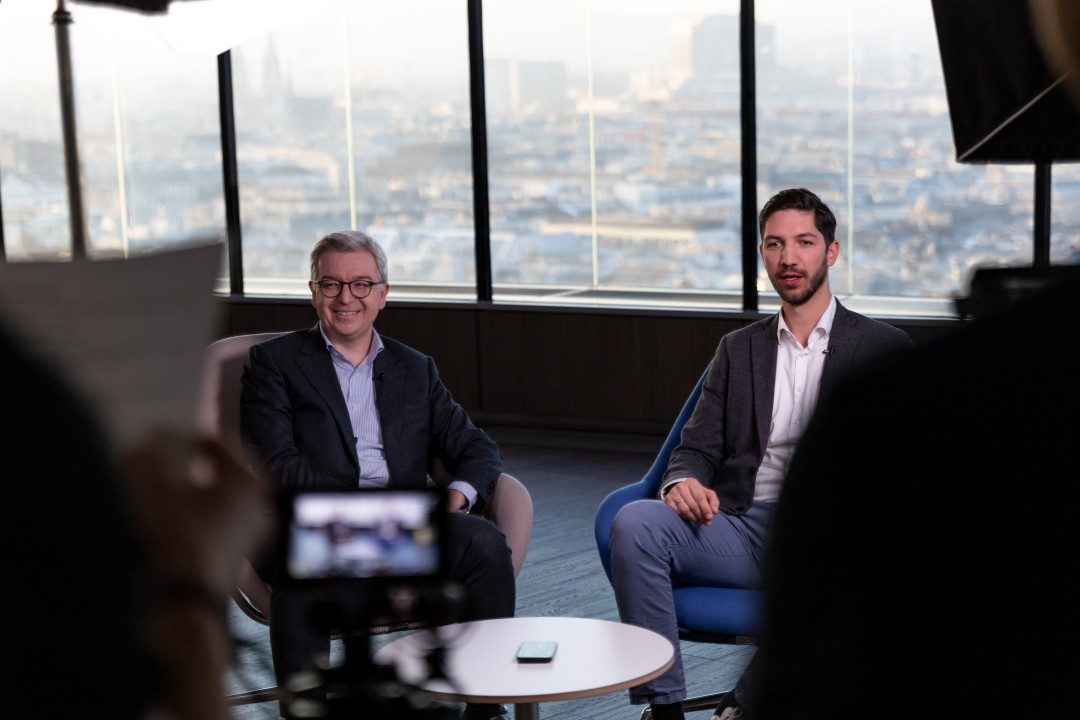Interview with Emmanuelle Ganne, Senior Analyst and blockchain expert at the World Trade Organization (WTO) for Enterprise Blockchain 2021 report by LeadBlock Partners
-
Could you quantify the digitalisation need and opportunity in international trade?
“International trade remains very labour and paper intensive. Shipping roses from Kenya to Rotterdam involves around 30 actors and more than 100 people. It generates a pile of paper that is 25 cm high, and the cost of handling it can be higher than the cost of moving the container. Unfortunately, despite more than two decades of digitization efforts, only 0.1% of bills of lading are issued electronically so there is still a lot of unfilled potential. Going digital could generate substantial savings in trade. The Digital Container Shipping Association recently estimated that if 50% of bills of lading were digitalized, it would lead to $4bn of potential annual savings.”
-
Where do you see blockchain playing a part?
“Blockchain presents many different opportunities for international trade, from greater transparency into how goods are being produced, to more efficient processes thanks to peer-to-peer interactions and automation through smart contracts. It can curb fraud by making it impossible to use trade documents to secure double-financing as has been the case in Asia causing massive fraud scandals. It can make access to finance, including trade finance, easier through deep tier financing, for example, or by allowing companies, in particular small ones, to build a credit history. It can cut the time needed to process trade operations, including trade finance. In short, it can make trade more transparent, efficient and inclusive.”
-
In which verticals do you see the most traction?
“There are a lot of projects related to supply chain transparency, be it to enhance efficiency, assert certain claims, such as provenance, build consumer’s trust, track tainted products, or fight counterfeits. There is also a lot of activity and traction in areas like trade finance and transportation and logistics.”
-
How does the WTO support blockchain for international trade initiatives?
“Technology is only a tool. It requires an enabling legal framework to be used to its full potential. This is particularly true when it comes to trade. For Blockchain to have an impact on cross-border trade, there needs to be legislation in place to recognize e-signatures and e-documents on a global scale, for example. The WTO is a rules-based organization. It develops rules for trade and can therefore help to foster the right regulatory environment to allow blockchain for trade to be deployed on a wide scale. The ongoing negotiations on ecommerce touch upon a number of issues that are critical to support trade digitalization. A large part of my work also consists in raising awareness and educating government officials and other stakeholders about the potential of digital technologies, and of blockchain in particular, to facilitate trade.”







